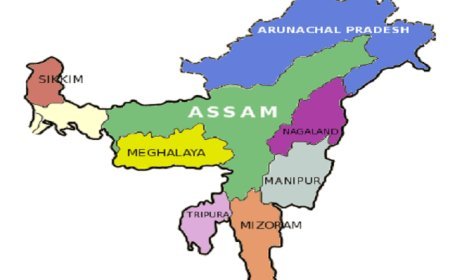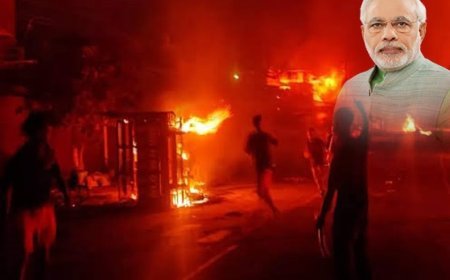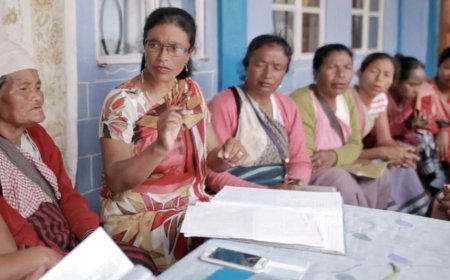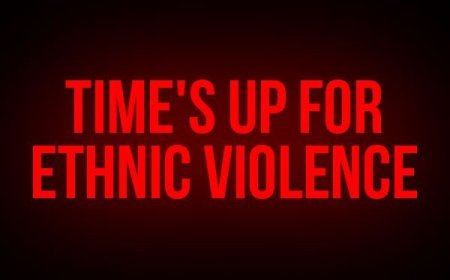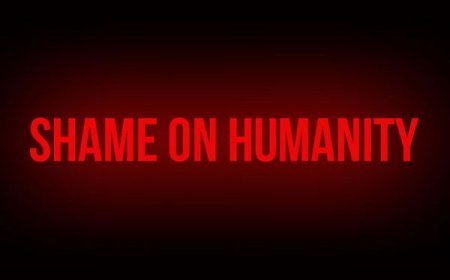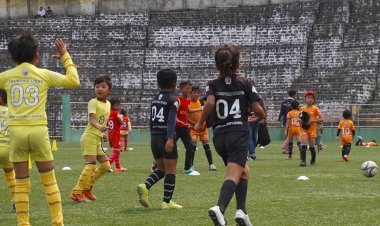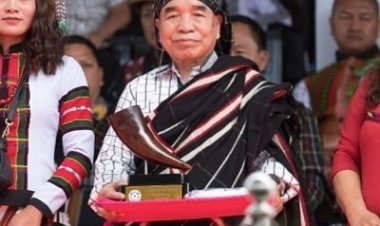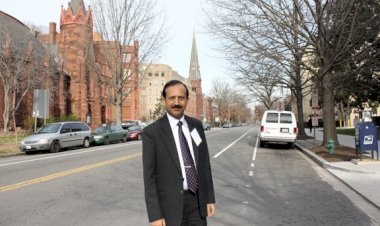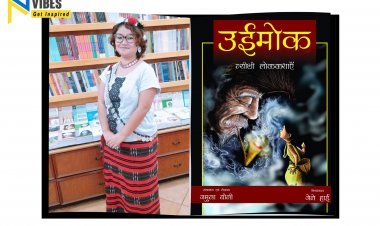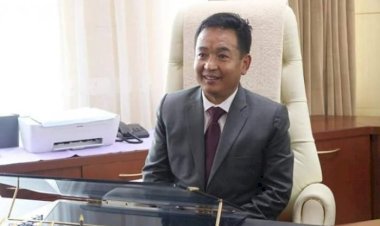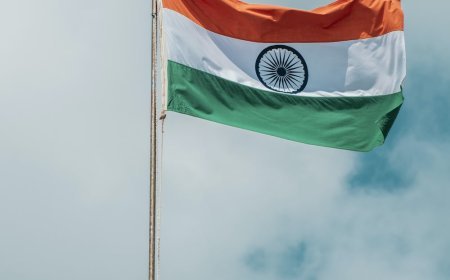BACK OFF, UN AND STAY OBJECTIVE
It is imperative that UN experts step back and reconsider their approach to the situation in Manipur. Rushed, unwarranted, and misleading comments not only undermine the credibility of the UN but also risk damaging the very cause they seek to champion - the protection of human rights.

BACK OFF, UN AND STAY OBJECTIVE
In a world where international bodies are tasked with the noble responsibility of upholding human rights and promoting peace, there are times when their actions raise eyebrows and prompt serious questions. The recent remarks made by the United Nations (UN) experts on the situation in Manipur have not just raised eyebrows; they have ignited a blaze of outrage. It's time for these experts to back off and reconsider their hasty, unwarranted, and misleading comments.
First and foremost, let us make one thing crystal clear: India, a nation of over a billion people, is no stranger to its responsibilities in ensuring peace and safeguarding human rights. The Indian government has always prioritised the well-being of its citizens, including those in Manipur. Therefore, when UN experts rush to judgement and label the situation in Manipur as rife with "serious human rights violations and abuses," it is not just alarming but perplexing.
The allegations brought forth by the UN experts, including reports of gender-based violence targeting the Kuki ethnic minority, have been met with vehement denial by India. Gang rape, public humiliation, beatings, and even burning - these accusations are not to be taken lightly. However, India has vehemently rejected these claims, emphasizing its unwavering commitment to the rule of law and human rights. Indian law enforcement authorities and security forces operate within the principles of legal certainty, necessity, proportionality, and non-discrimination, and any allegations to the contrary deserve rigorous scrutiny.
What raises even more concern is the apparent haste of the UN experts in passing judgement. India, a country known for its democratic values and respect for due process, has expressed surprise that the Special Procedure Mandate Holders (SPMH) chose to issue a press release without allowing the Indian government the opportunity to respond to a joint communication issued on the same topic. This raises questions about the objectivity and credibility of the UN's assessments.
The UN's role in monitoring and promoting human rights globally is a critical one. However, it should not come at the cost of fairness, impartiality, and the principles of natural justice. UN experts must remember their mandate and adhere to established procedures for issuing news releases. Their comments carry weight, and hasty judgements can have far-reaching consequences, both diplomatically and in terms of public perception.
It is imperative that UN experts step back and reconsider their approach to the situation in Manipur. Rushed, unwarranted, and misleading comments not only undermine the credibility of the UN but also risk damaging the very cause they seek to champion - the protection of human rights. India stands firm in its commitment to peace, stability, and human rights. It's time for the UN to show equal commitment to objectivity and due process.







